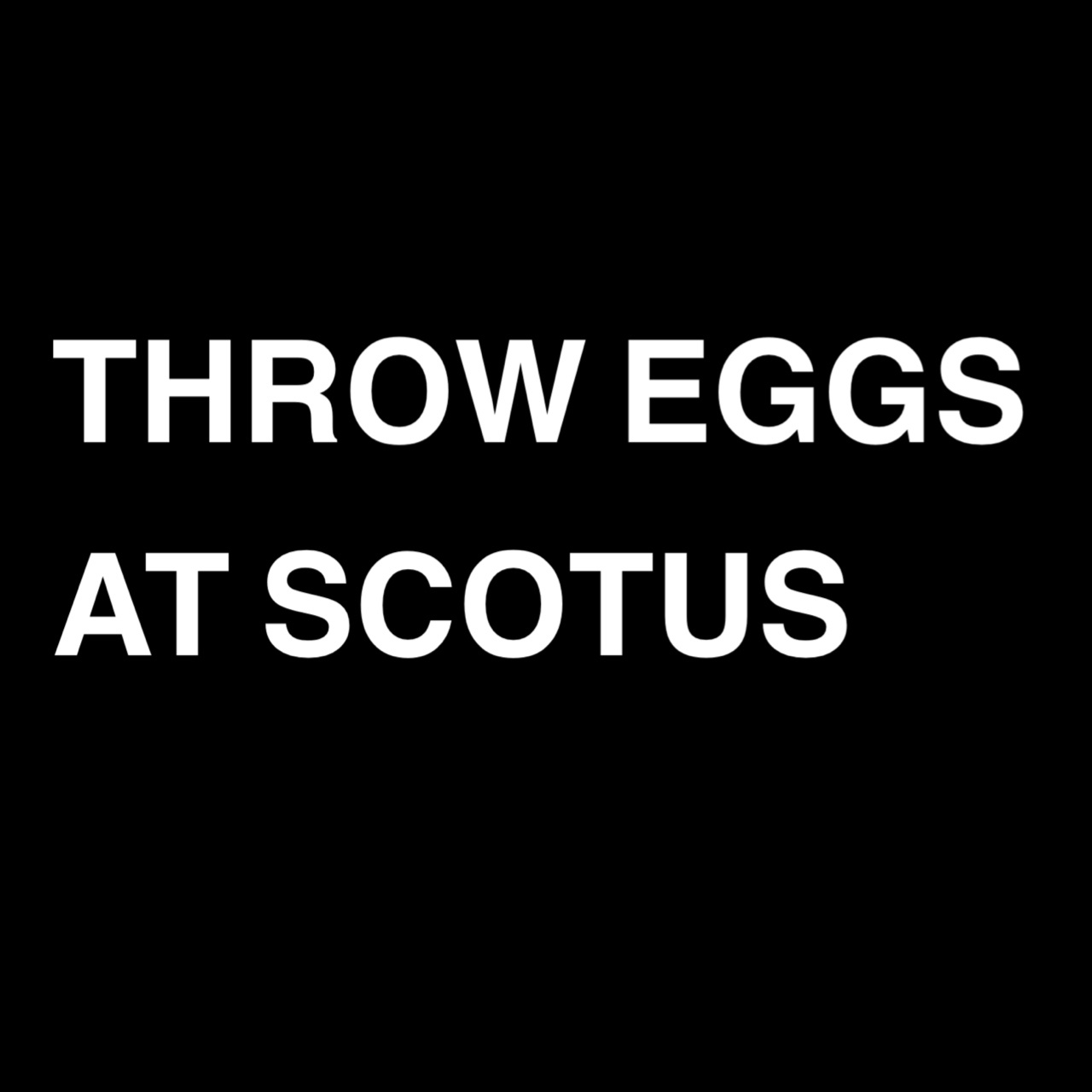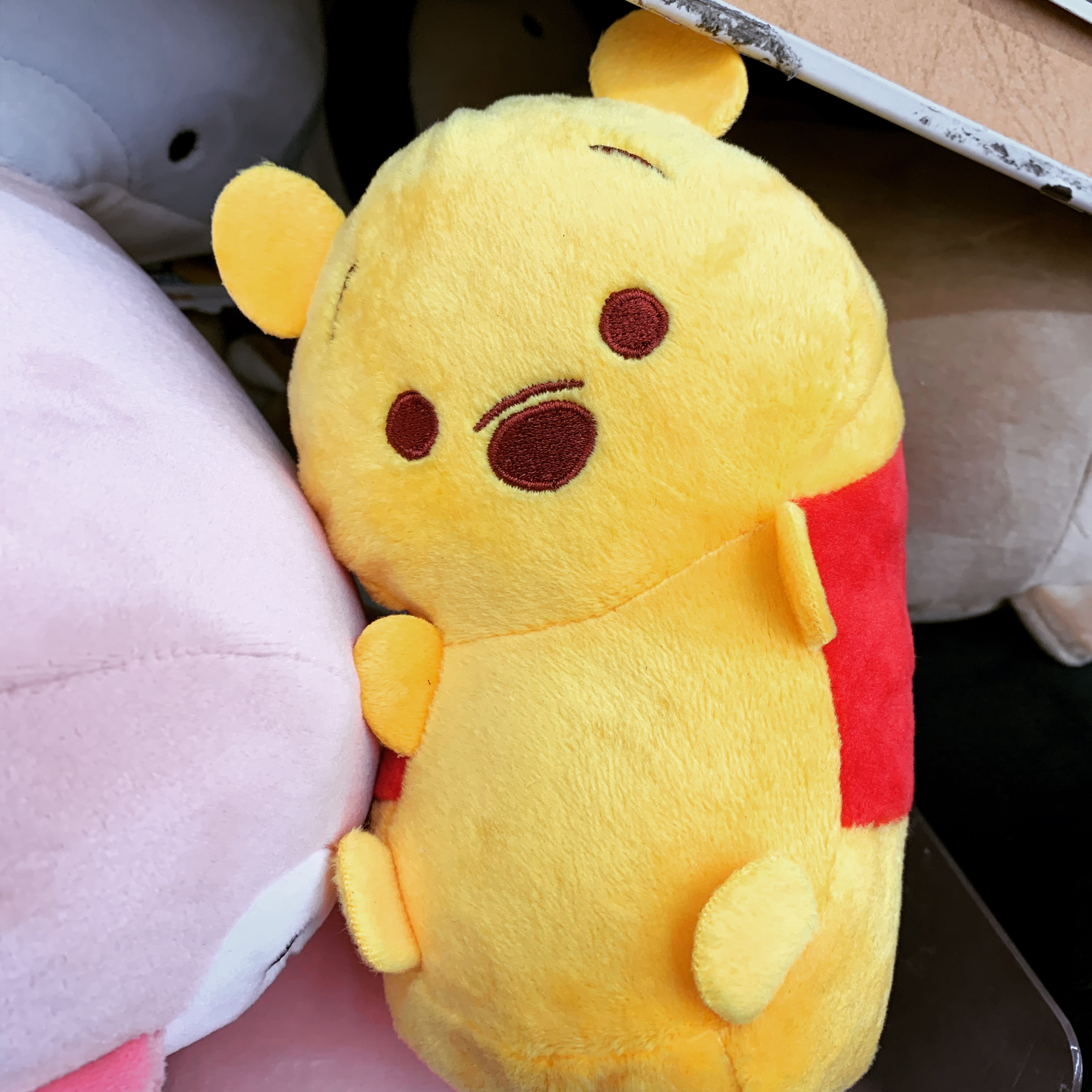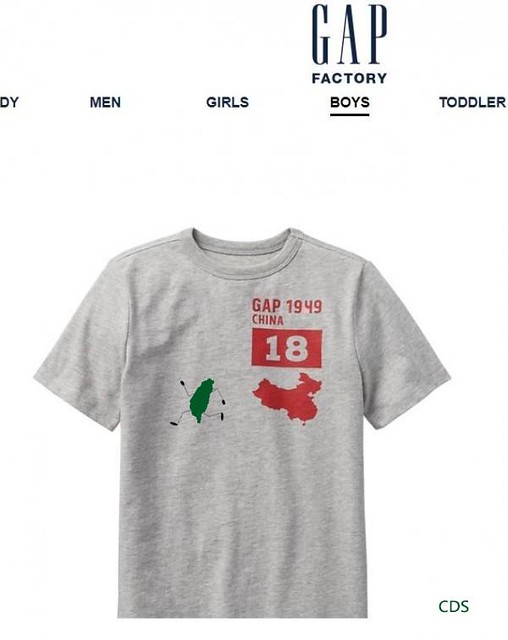國破山河在
I have a hankering to learn the oud.
I don't know if it has to be an oud exactly. I'd be perfectly happy with a saz or a kanun. I might even be persuaded in the general direction of a kamancha.
This desire flickers persistently, blinking in and out of my sightline -- rather like my ability to write anything at all, or an unsatisfying situationship where one person repeatedly fails to commit, but also won't stop texting "u up" at the most inconvenient times. It is resistant to any attempt at reasoning: you're in Taiwan, who the fuck is going to teach you the oud, you dumb idiot? Why don't you learn the erhu, guzhang or pipa?
No, it has to be the oud. Or perhaps the kanun.
When I eventually get my heart's (current) wish, which is to spend three months working remotely from Yerevan in the mornings and practicing Armenian every afternoon, I will budget sufficient funds to buy one of these instruments and take lessons. I doubt I'll ever be any good, but I'll have taken a step.
All this to say, I've had trouble paying attention to life in general, and to current affairs in particular. I'm still writing -- for pay, these days -- but otherwise I now require anxiety medication almost daily just to function. We're talking basic things: eating, sleeping, showering, deciding to do a thing and then successfully doing that thing. I'm not depressed, I'm just deeply anxious about, y'know, the usual. World War III, China annexing Taiwan, some of my friends having their existence outlawed in the country of my birth, a return to misogyny and fascism.
Maybe if I can get my act together and save up enough money to do this Armenia thing, I'll feel perhaps an iota better. I'd like to do this before Armenia becomes yet another war zone as Russia ceases to pull the reins on Azerbaijan.
But it's important, I think, to one-foot-in-front-of-the-other it through the occasional blog post, even if it's in my own voice and a bit rambly. I can't or won't write like a journalist; that's on account of who I am as a person.
So let's talk about another thing making me anxious, the KMFT (the 國民-fucking-黨).
If you're reading this, you probably don't need to be reminded about the KMFT's fuckshittery since winning a plurality in the legislature. But let's take a quick review, so we may gasp at the full horror of who they always were.
If you already know the story, you can skip the recap. If you don't, allow me to make the case that the KMFT isn't insane -- their actions over the past few years are too deliberate and line up with too much of their post-democratization history. They're not even off-kilter. They're actually just evil.
Before the protests even kicked off, they were meeting with Chinese officials and sending classified information to the Chinese government.
Then, they tried to enact a garbage barge of legislation -- essentially giving themselves the authority of not just the legislature, but the judiciary and Control Yuan as well. I do mean judiciary: their attempt to make it possible to call anyone in for questioning, official, military or civilian, and then punish them with fines for "lying", not giving full information or refusing to answer is a kind of judicial power. After all, who decides what's a lie?
This was so blatantly unconstitutional that the constitutional court very quickly overturned most of it.
There's more to what they passed than this, but the whole "we can question anyone and punish them if we, not a judge, decide they are lying" thing will come up again.
It wasn't hard to predict that their next target would be the constitutional court itself. Around Christmas, they rejected all of President Lai's judicial nominees, assuring that the constitutional court would not have a full complement of judges. This was a direct rebuttal to the court -- which, again, upholds the constitution -- telling the legislature that they had been a bunch of very naughty children.
Sex pest and convicted criminal Fu Kun-chi (傅崐萁), who is somehow also a KMFT legislator, said the court "castrated" the legislature. Yes, that's what should happen when you try to give yourself more or less unchecked power not granted in your own country's constitution. I only wish this phrasing described a more literal outcome for Fu.
Protests started up again when the legislature later passed another dookie of questionable legislation, the scariest among these being a change to the proceedings of the constitutional court (the one that had just told them they weren't allowed to give themselves the largest share of power in the government), rendering said court non-functional.
To quote Kharis Templeman:
The second [of these pieces of legislation] required the Constitutional Court to have a 2/3 quorum to hear constitutional cases and imposed a supermajority threshold to invalidate a law....
Four days later, the same opposition majority in the legislature voted down all seven of President Lai’s nominees to the Constitutional Court, leaving it with only eight justices and unable to meet the new quorum requirement for hearing a case. It is now effectively paralyzed [emphasis mine]. The DPP government has nevertheless requested that the court meet and rule anyway on whether the amendments to the Constitutional Court Act are themselves unconstitutional. This increasingly destructive partisan political conflict has put Taiwan on the brink of a constitutional crisis with no obvious way to resolve it.
Templeman says this is the "brink" of a constitutional crisis. I would say that if the court is unable to rule on a law that paralyzes it, then we're already in one.
Since then, the KMFT and their buddies, the TPP (led by a duo consisting of an alleged criminal narcissist and a boring workaday narcissist) have slashed budgets, including proposals that would all but obliterate defense spending and funding for government bodies that deal with the one country that necessitates Taiwan having a large defense budget in the first place.
One of these freezes includes half of the budget for building and maintaining Taiwan's defensive submarine program. You know, the same submarine program that KMFT legislator and overt traitor Ma Wen-chun (馬文君) undermined by selling its secrets to China.
We can deduce from this not only that the KMFT wants to cripple Taiwan's ability to defend itself, but also that the indigenous submarine program is critical -- and China knows it. In fact, I wonder who exactly is telling the KMFT to target Taiwan's indigenous submarine development budget?
Oh wait no nevermind, I don't wonder. It's China.
The KMFT calls all this "eliminating waste" or stopping "fat cats", or worse -- claiming the DPP is using the budget to fund "cyberwarriors" and "political manipulation".
But not only is the Taiwanese government actually rather efficient with its budget (much of the time anyway), but the biggest cuts seem to be to defense -- the exact thing Taiwan needs more of. I suppose one could point out specific inefficiencies in Taiwan's defense spending: are we really buying the weapons we need? Are we developing the right capabilities? Slashing critical defense funding, however, is not the way to fix this.
Besides, if we look at a timeline of when public opinion began to change compared to when the DPP has historically taken power, we find the shifts precede their successes. The DPP mostly didn't win those first elections in 1996, but public opinion shifted. Lee Teng-hui turned out not to be the politician the KMFT thought he was, but Chen Shui-bian didn't have access to government budgets to "manipulate" his election win in 2000. The country turned toward the Sunflowers and against Ma while the DPP were out of power, unable to use government budgets to manipulate anything.
You know who did once use government budgets for political propaganda, back when it had absolute power? The KMFT.
As all this was going on, one of my least favorite legislators, who unfortunately represents my district, announced the KMFT would propose an "honesty" act.
The fuck is an "honesty act"? Sounds kinda fascist?
“The opposition parties strive to safeguard people’s wallets. How can we paralyze the government with just a 3 percent budget cut?” he [Lo Chih-chiang / 羅智強] said, adding that the government was spreading rumors and that officials were lying, because they would not be penalized.
It's not a 3% budget cut, and even if it were, you're crippling the country's defenses. That's a big deal. It's part of freedom of expression, a basic human right, to analyze a series of events or set of data and come to different conclusions. To say that only the KMFT's version of events is 'true' and the DPP should be penalized essentially for disagreeing is -- well, it sounds like something Trump or Musk would say, and it's also the sort of thing fascist governments do.
The KMFT is aware of this, seeing as they used to run a fascist dictatorship. They're DARVO kings and have a bevy of experience!
“Although Constitutional justices protect the right of governmental officials to lie at the legislature, they do not ensure their right to lie about political affairs. We are exploring the possibility of proposing the legislation of the honest government act and lying offenses for officials in the next legislative session. Let the public decide whether the officials are spreading rumors and lying,” Lo said.
As for "they do not ensure their right to lie about political affairs", what the everloving hell does that mean? I can't even really parse this statement, because there's no interpretation I can come up with that isn't utter nonsense. Either one lies in a provable way, which may or may not be criminal, or one doesn't, and it's for the courts to decide where appropriate. How does anything being "about political affairs" have any semantic value?
"Lying offenses for officials" is just another way of re-introducing the exact same legislation the constitutional court already said was unconstitutional. There is no meaningful difference between this and what the KMFT and their lil puppets wanted to force through before they were hit with the spray bottle and told "no".
"Let the public decide whether the officials are spreading rumors and lying" -- Lo, my dude, do you truly not understand what a "court" is? Courts do this, not "the public". This seems like something a populist would say, or rather, an elite shitbag trying to sound like a populist, which is just a lot of words to describe a fascist. That may sound like a leap, but fascists often use populist rhetoric to further their ultimate goals.
You're not original, Lo Chih-chiang, and you're not smart (I mean it -- your resume is impressive if one admires the sort of work you do, but you are really, really not smart). If you were, you'd hide it better. Or perhaps you should be punished for "lying", as you're lying about the DPP's use of the budget for "political manipulation".
Maybe you think, Mr. Lo, that you don't have to hide it: a large number of Taiwanese voters appear to support crippling the constitutional court. The public seems less divided on cutting the defense budget -- they generally oppose it -- but it's not clear-cut.
I don't know if they quite understand that this creates the literal definition of a constitutional crisis, or they don't realize that ensuring the court can't meet quorum was intentional. Perhaps it seems 'truthy' that a minority of judges shouldn't be able to render rulings.
During last year's protests, someone I know asked sincerely what was wrong with the legislation that sparked all the anger. They wanted to know why the legislature shouldn't be allowed to question anyone it wanted and punish liars -- it seemed reasonable to them, and on its face, government questioning and punishments for providing false information sound like good things. We had a long talk about issues of legislative overreach and who, exactly, determines what is or isn't a lie.
This highly-intelligent and otherwise thoughtful person had gotten all of their news from blue-leaning sources and discussions with blue-leaning family. All that intentionality, all those questions of checks and balances or ontological questions regarding the existence objective truth and whether humans are able to perceive it? Never considered.
This sort of short-circuited thinking is exactly what the KMFT are banking on. Divide and confuse the people, then claim they're on your side and you're on theirs. Pretend the system is not as it is -- with a judiciary and a set of procedures for determining facts and accountability -- but as you'd like it to be. Then, with everyone flustered and exhausted, do whatever the fuck you want, or rather, whatever your CCP overlords order. Act utterly insane, claiming to love a country you are so obviously trying to undermine for selfish, stupid reasons, while convincing a large portion of the electorate that the crises you are creating are in fact saving the country.
Sound familiar, or familiar-ish? Yeah, thought so.
As a friend once observed, someone (or several someones) in the KMFT regularly study Republican tactics to figure out how to win elections when their fundamental party principles aren't all that popular among voters, and neither are many of their specific policy objectives.
I mean, if they really believed that their ideals -- well, their one ideal, that Taiwan is ultimately a part of China -- were superior to the DPP's, or that the public could be persuaded of this, they would campaign on those ideals. If they really believed that government funds were being used for DPP "political manipulation", they wouldn't be cutting the submarine budget.
So, okay, that does seem pretty insane. But it's not.
The KMFT probably does still ultimately believe in a Chinese identity, for themselves (fine, whatever) and for Taiwan, regardless of what the people think (bite me). Somewhere deep down, they would prefer to keep the ROC around. They'd love their dream of re-taking the motherland to be made reality.
That payday will never come, of course, but they're not smart enough to realize it. Best case, they'll get Real Seymour Skinnered, which in China probably means a trashy villa in some podunk town in, I dunno, Qinghai, with no real power and 'friendly visits' for tea every few years.

To be effective CCP minions, they need to cut the constitutional court off at the knees, all while claiming to uphold the constitution. Then they can pass whatever horseshit they want. If this sounds a bit like Republicans blocking Obama's nominees so they could pack the court with sympathizers and then push through whatever they want, well -- again, studying Republican tactics seems to be someone's full-time job down at the KMFT.
I don't think they want a war, either. Not because they care about Taiwan or Taiwanese people, but because it would both adversely affect whatever money and power they hope to squeeze out of the whole situation, and be against the CCP's wishes. China doesn't want a war -- they want Taiwan to be so demoralized, so certain they can't win, that they just give up.
No, it's worse than that. They don't want Taiwan to simply believe it can't win -- they want it to actually be true, to ensure Taiwan won't try. Annexation without "bloodshed" (at least at first) -- it won't be peace, but they'll call it that.
I told a friend recently that my worry has grown dark and weedy of late, more foreboding than my usual garden-variety dislike of the KMFT. With recalls harder than ever, a bunch of CCP agents and their DUI-hire goons running the legislature, elections years away and the US so unstable that international support is far from guaranteed, China's move to take Taiwan doesn't feel like it could happen in the next four years -- I truly feel that it will.
And then I, along with all my friends here, will either be refugees, or dead.
This friend has a habit of knowing things, and almost always being right about Taiwanese politics. If anything, they're overly conservative: they gave the TPP two years to implode before the Dueling Narcissists wrecked the party's momentum through either rampant corruption or vicious infighting. It took...what, ten months?
When I said I wasn't just worried in the usual way but genuinely, bone-crushingly scared, all they could say in response was, and I quote: "Same."
I'd rather continue to live a nice life in Da'an with my husband, cats and whiskey collection under Legislator Miao Po-ya, but that feels like a dream too far, thanks in no small part to my actual stump-brained legislator.
Maybe that's why I yearn for the oud. Sure, I'm reasonably good at music (except singing, don't ever ask me to sing). I enjoy the arts. I could learn some amazing Armenian folk songs and improve my language ability at the same time.
But really, as I just want to be anywhere, mentally, but here.








